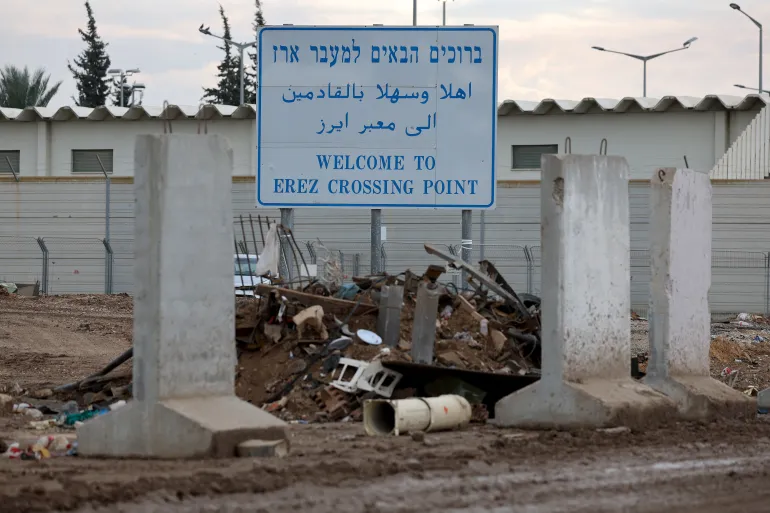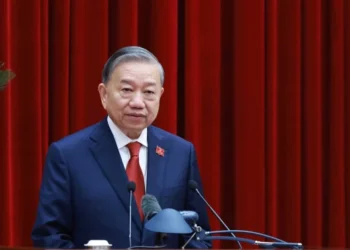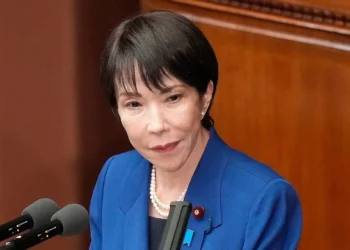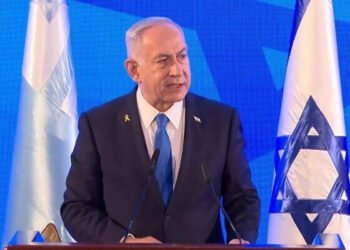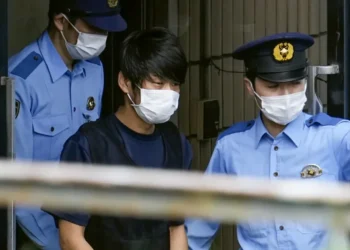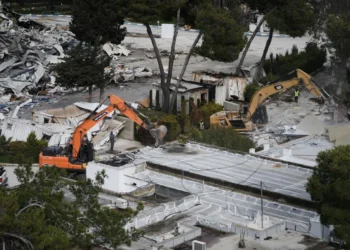Israel has announced its decision to approve the opening of two routes into Gaza to allow more humanitarian aid into the territory.
“Israel will allow the temporary delivery of humanitarian aid through Ashdod and the Erez checkpoint,” the statement from the Israeli Prime Minister’s office said, referring to a port about 40km (25 miles) north of Gaza and the Beit Hanoon land crossing.
“This increased aid will prevent a humanitarian crisis and is necessary to ensure the continuation of the fighting and to achieve the goals of the war,” it added.
More aid from Jordan will also be allowed to enter via the Kerem Shalom Crossing.
Citing Israel’s security cabinet, the Israeli Army Radio reported that about 250 trucks will pass through the Karem Abu Salem (Karem Shalom) crossing via southern Israel, while 100 will go through the Rafah border crossing with Egypt.
According to the Army Radio, this would mark a significant increase in the passage of aid trucks, only 200 of which are currently reaching Gaza per day.
The new aid routes announcement came hours after U.S President Joe Biden spoke to Israeli Prime Minister, Benjamin Netanyahu for the first time since an Israeli strike killed seven aid workers in Gaza on Monday, April 1, 2024.
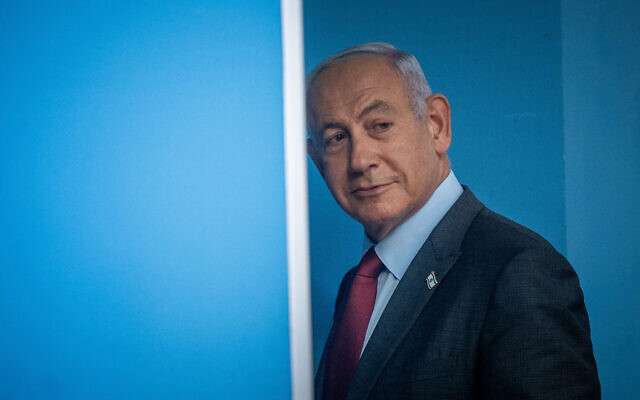
It is understood that the re-opening of the corridors was specifically requested by Biden in the phone call
It was the first time that Washington attempted to leverage American aid in order to influence the conduct of the war in Gaza.
U.S Secretary of State, Antony Blinken said that the United States welcomes Israel’s announcement of agreeing to open a crossing into Gaza to allow much needed humanitarian aid.
Nonetheless, he added that success would be measured in results in improving the situation on the ground.
“Really the proof is in the results, and we will see those unfold in the coming days, in the coming weeks,” Blinken said.
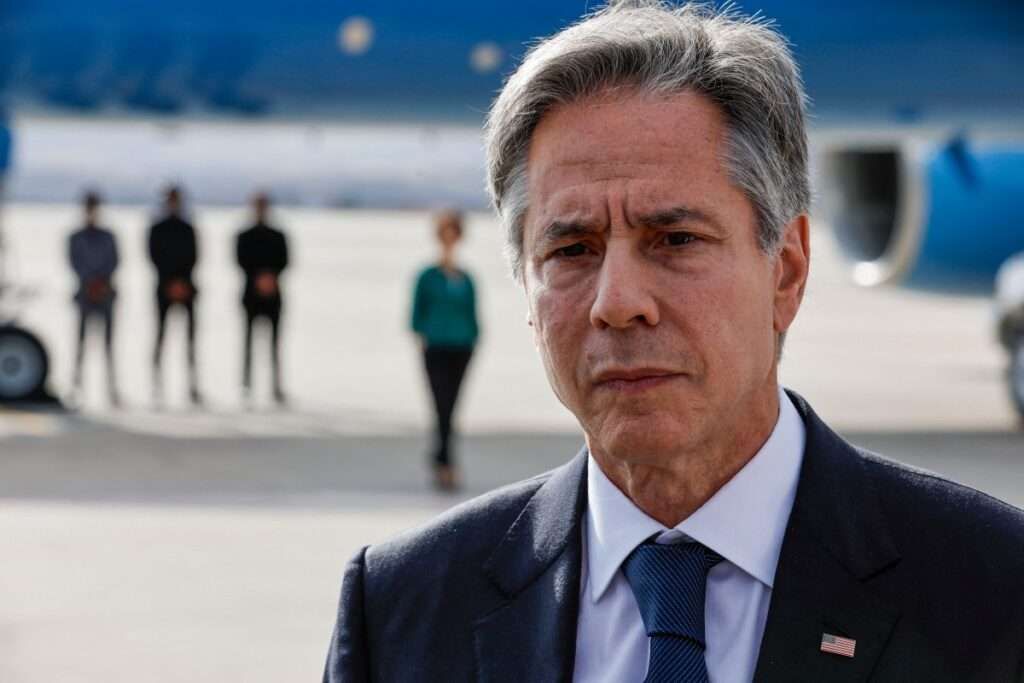
Notification And Coordination System Needed
Speaking to a news agency, Tess Ingram, Spokesperson for UNICEF, commented that the opening of an additional aid route is key to assisting people in northern Gaza, but a notification and coordination system must also be implemented.
“When we go on a mission, we coordinate with Israel to make sure that they know where we are going and what we are doing and that helps them to follow international humanitarian law and protect us, but at the moment, that system is clearly broken,” Ingram averred.
Ingram said the process works in other conflicts around the world, but in Gaza, it’s not being implemented.
“We go on a mission where we are told we would be safe and then we are delayed for hours, our staff is interrogated, they are put in harm’s way or they are killed and that’s not acceptable,” she said.
Saul Takahashi, a former Deputy Head of office at the Office of the UN High Commissioner for Human Rights in occupied Palestine, also commented on Israel’s announcement that it would open a crossing in northern Gaza to allow in much-needed aid.
He warned against “falling into the trap” of thinking about the devastating situation in Gaza as a humanitarian issue.
“First and foremost, we have to remember that this is not a humanitarian issue primarily. This is an issue of genocide,” he stated.
“The Israelis are committing genocide, they are committing massacres left and right, they are forcibly displacing as many Gazans as they can,” he added.
“And as long as the Americans and many of the Europeans keep on enabling Israel in doing this international crime, then all the aid in the world is really not going to make that much of a difference,” he stressed.

